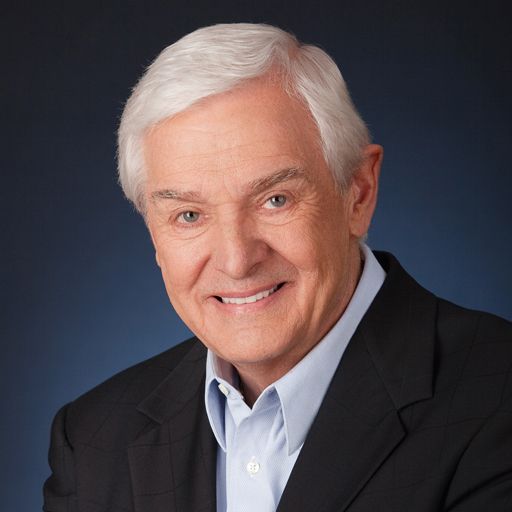It was the see-sawing vacillations between religious factions during the sixteenth and seventeenth centuries that set the stage for the Pilgrim Fathers to seek out their religious freedom.
These faithful liberty-loving believers originally gathered in the small village of Scrooby in the Nottinghamshire region of central England. Religious dissenters, they attended church and with great courage declared themselves independent of the national church and of the monarchy’s jurisdiction as it related to spiritual matters. This was treasonous in its time, and soon informants were reporting to authorities about their meetings, bringing harassment and persecution upon them. “Some were taken and clapped into prison,” says an old history book. “Others had their houses beset and watched night and day, and hardly escaped their [persecutor’s] hands; and the most were fain to flee and leave their houses and habitations, and the means of their livelihood.”1
Most of the Scrooby worshipers fled to the Netherlands where they enjoyed the freedom to self-govern their churches and lives. Over time, however, Holland, too, posed problems for these wayfarers.
What to do? To return to England was dangerous; to remain in Holland was untenable. These worshipers began to discuss something outlandish and dangerous—going to the New World.
In 1620, the Pilgrims set sail on the Mayflower, and for more than two months they made their home aboard this boat. In November, the ship dropped anchor inside the hooked tip of Cape Cod. Because of the onset of a New England winter, the travelers stayed aboard ship until the following March, then disembarked.
The new residents of Plymouth Colony scrambled to get their lives, homes, and gardens organized during the short summer of 1621.
When the first harvest began to be gathered that fall, the Pilgrims and Native Americans gathered for a festival of thanksgiving, which set the stage for the subsequent annual Thanksgiving Day observance.
William Bradford wrote, “Thus they found the Lord to be with them in all their ways.”[1]
Your World May Flower Into Thanksgiving
Besides helping establish a new continent for the “advancement of the Christian Faith,” as the Mayflower Compact states, the Pilgrim Fathers have influenced the Church around the world by teaching the value of thanksgiving, even amid trials and tragedies. Nothing was easy for them. They faced displacement, confusion, hunger, and frequent death. Yet we remember them for their insuppressible attitude of thanksgiving.
They must have known some of the great Bible verses that still reside between the covers of our Scriptures. Psalm 69:30 says, “I will praise the name of God with a song, and will magnify Him with thanksgiving.”
The apostle Paul exhorts us: “In everything give thanks; for this is the will of God in Christ Jesus for you” (1 Thessalonians 5:18).
In the book of Revelation, thanksgiving fills the heavens even as the Great Tribulation rages on earth, with the 24 elders saying, “We give You thanks, O Lord God Almighty, the One who is and who was and who is to come, because You have taken Your great power and reigned” (Revelation 11:17).
The Bible is full of exhortations to thanksgiving, and Christian history is filled with examples of stalwart saints like the Pilgrim Fathers who did just that. If you and I emulate their example, our own world may flower into thanksgiving on any occasion.
Try It Right Now
Perhaps you’re beset by a burden. Whatever you’re facing, it cannot be total darkness when the Lord is present. There have to be shafts of light here and there, a few things for which you can be thankful.
Finish this prayer:
Lord,
You know about these hurts or needs in my life right now, but despite these things I want to thank You for…
Let this become a habitual way of thinking. This is a wicked world, and those of us on the pilgrim pathway must walk through it with gratitude. Start your journey each day continually seeking ways to thank your Heavenly Father. Count your blessings and thank Him for each one.
David Jeremiah is the senior pastor of Shadow Mountain Community Church and the founder and host of Turning Point for God. For more information about Dr. Jeremiah or Turning Point, visit www.DavidJeremiah.org.
1 The words of William Bradford, quoted by Marion Florence Lansing in Pilgrims and Tyrants (Boston: Ginn and Company, 1911), 168.
[1] John T. Wheelwright, The Mayflower Pilgrims: Being a Condensation in the Original Wording and Spelling of the Story Written by Gov. William Bradford (Boson: McGrath-Sherrill Press, 1921), 46.






